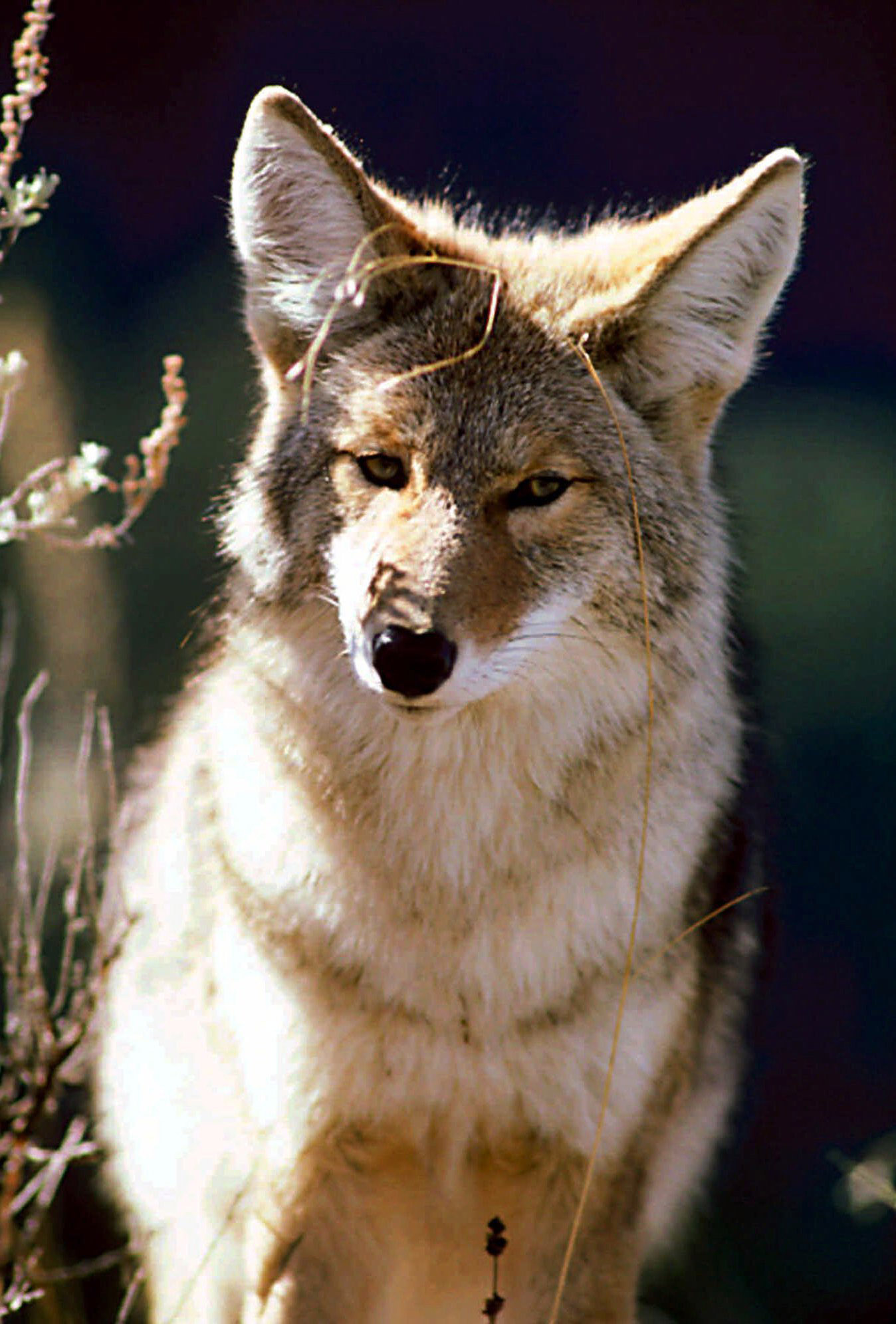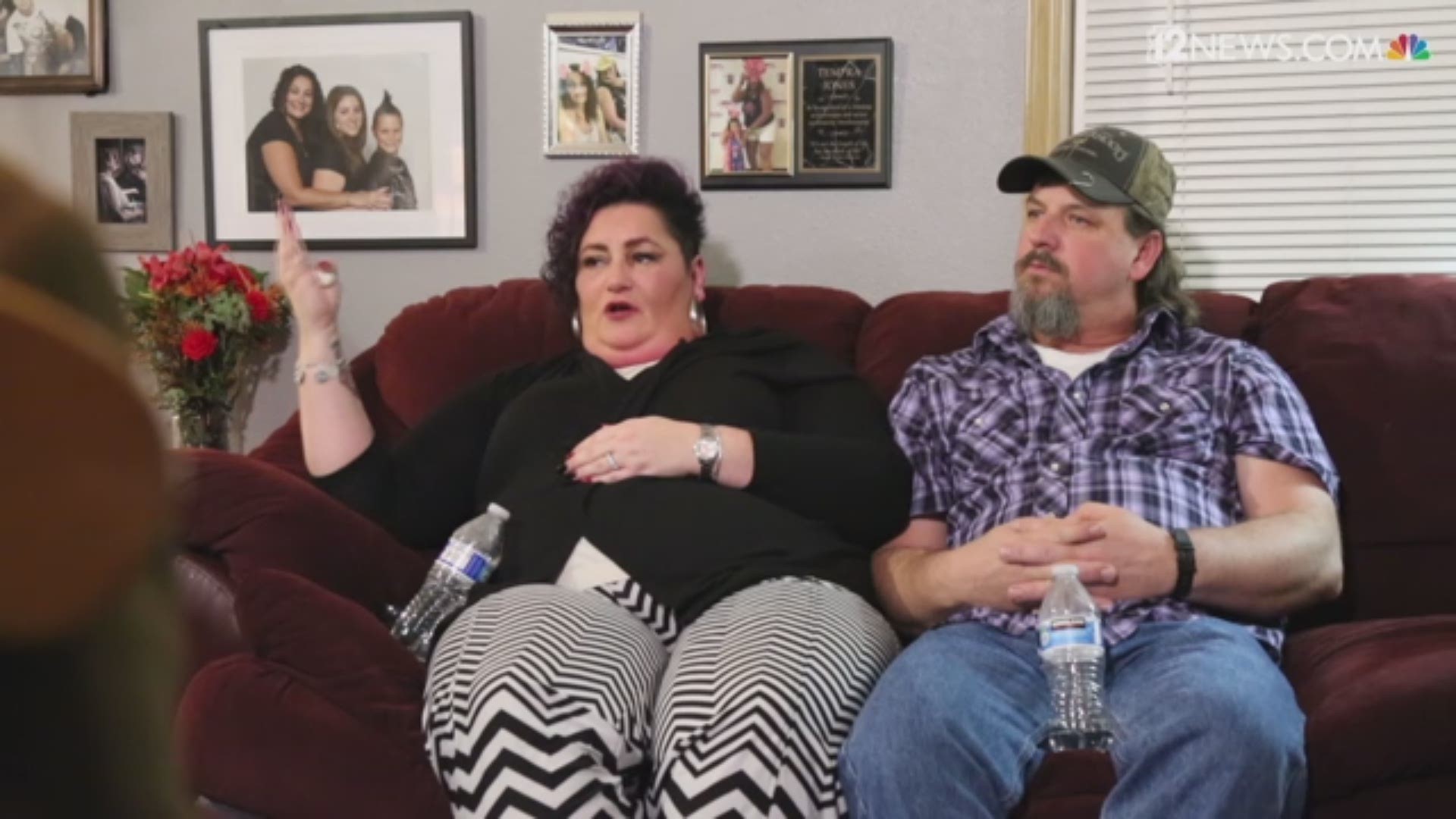LANSING, Mich. — Coyotes can now be hunted year-round in Michigan, after approval by the state Natural Resources Commission.
The commission also is allowing nighttime hunting for coyotes and other species and expanding the types of ammunition hunters can use.
Hunting season for coyotes previously was closed from mid-April through mid-July, a traditional break at a time when coyotes and other species are breeding and raising their young, said Adam Bump, fur-bearing animal specialist for the Michigan Department of Natural Resources. But coyotes could always be hunted year-round on private land if they were "doing or about to do damage," he said.
Expanding the season became a topic of discussion after an increase of complaints throughout the state of "coyotes causing problems or a perception of problems — 'I'm seeing coyotes in areas where I don't think they should be,'" Bump said.
A family's Bichon Frise dog was killed by a coyote in the back yard of their home in Canton in March. And the Arlington Park Homeowners Association in Royal Oak earlier this year hired an animal removal service after residents reported coyotes chasing people and pets.
Mostly, coyotes are harmless to humans. Many report friendly coyote encounters, photo opportunities and success dealing with them with nonlethal methods.
But in some areas, coyotes are getting bolder as they become accustomed to people.
Nighttime hunting season dates now will correspond with daytime hunting season dates by species. Coyote and opossum hunting are open year-round; raccoon hunting is Oct. 31 through Jan. 31, and fox hunting runs Oct. 15 through March 1.
Nighttime hunters are required to hunt with the aid of game call, predator call or with the aid of dogs only. Hunters using dogs may only have a firearm, crossbow or bow and arrow loaded at the point of kill. Dogs still are prohibited for use to hunt coyotes from April 16 through July 7.
Portable artificial lights can be used for nighttime hunting, including flashlights, spotlights and headlamps. Animals hunted at night can be killed with a bow and arrow, crossbow, a rimfire firearm .22 caliber or smaller, or a shotgun with loads of buckshot larger than number 3, slug or cut shell. Less-powerful shotgun shells were previously required.
"That's a change that's been asked for by our predator hunters," Bump said. "It allows for a little more distance for hunters at night. The buckshot will travel a little farther."
Center-fire rifles may not be used for night hunting — a prohibition that is actually more restrictive than several other states, Bump said.
"That was not something we were ready to recommend, because of the potential to have the bullet travel farther than currently allowed devices, and not being fully aware of what may be beyond what your light can clearly illuminate," he said.
Drew Youngedyke, public information officer for the nonprofit Michigan United Conservation Clubs, said the measures were something his and other hunting organizations had sought for years.
The increased buckshot power is about hunting ethically, he said.
"The folks hunting coyotes want to make sure it’s a quick, clean kill using the appropriate firepower," he said.
But Scott Slocum, a wildlife advocate and blogger based in White Bear Lake, Minn., wrote to the Michigan DNR opposing its consideration of expanding the coyote season and night hunting.
Slocum cites incidents in recent years in Minnesota, Wisconsin and Michigan's Upper Peninsula where nighttime coyote hunters mistakenly shot domestic dogs. He also noted the DNR's own assertion that the hunt will have no overall impact on coyote populations.
"It’s dangerous shooting at night," he said, adding expanding the allowable power of shot used "means that shot carries a lethal power at a longer distance, beyond what a light can illuminate and what it cannot."
State officials do not expect a significant influx of additional coyote hunting with the expanded season. And the animals are so prolific, the expanded hunt is not expected to make much of a dent in their populations in Michigan, Bump said.
"Coyotes as a species require very high, consistent harvest in order to negatively impact the populations — you need to harvest up to 50% of the populations every year," he said. "It's very unlikely we would achieve that harvest on a large scale. The impact on populations as a whole are likely to be very small."
That causes Slocum to further question the expanded hunt.
"This is not a control measure; this is recreation," he said. "This is allowing people to have the nighttime shooting recreation that they want."
Countered Youngedyke: "This is simply another tool in the toolbox for hunters in very localized areas, if they are having a problem with coyotes in that localized area, they are now going to have a longer season dealing with that coyote problem."
The Natural Resources Commission approvals of the hunting revisions came at its April 14 meeting in Lansing.

![COYOTE [image : 83563006]](http://www.gannett-cdn.com/-mm-/ce113ef4f254d76939cc9e101bdbf9e604021182/c=0-43-1346-1193/local/-/media/2016/04/26/DetroitFreePress/DetroitFreePress/635972890167983809-COYOTE-CONTROL.jpg)

